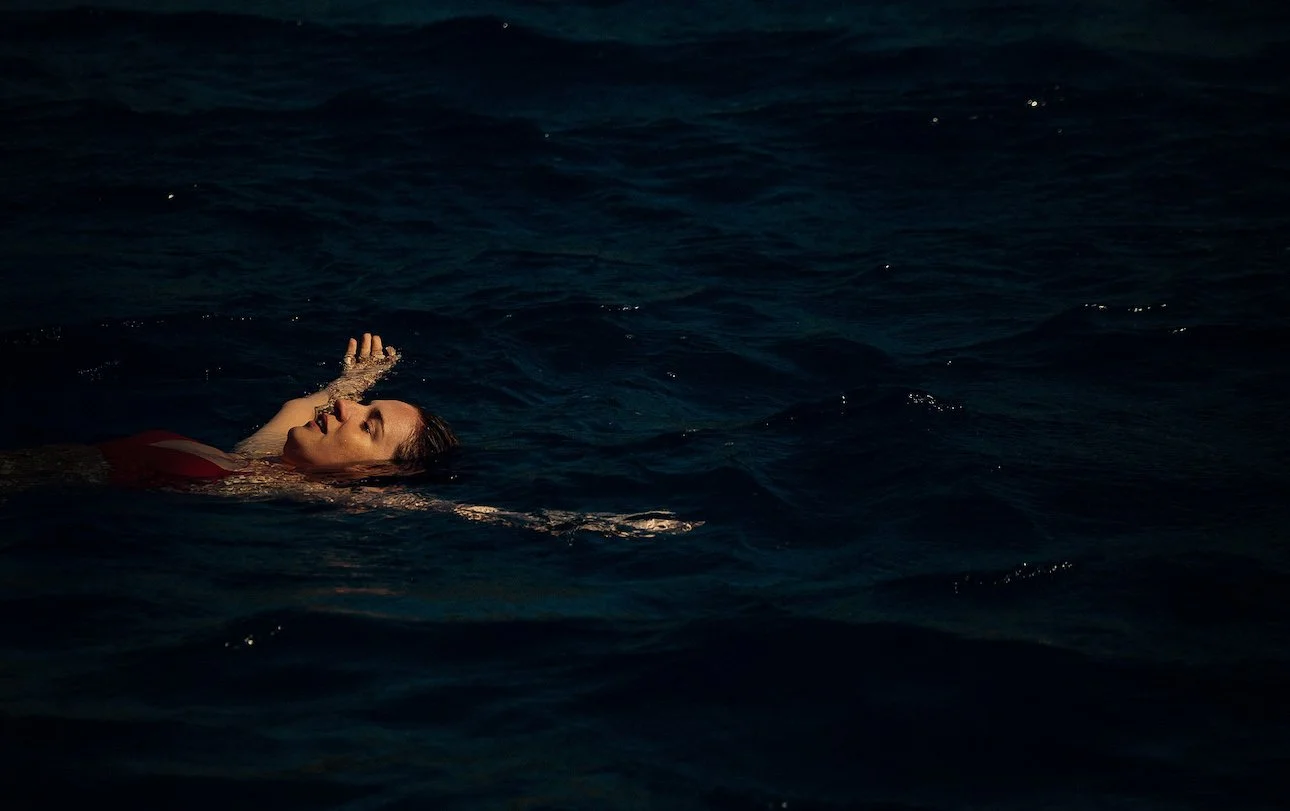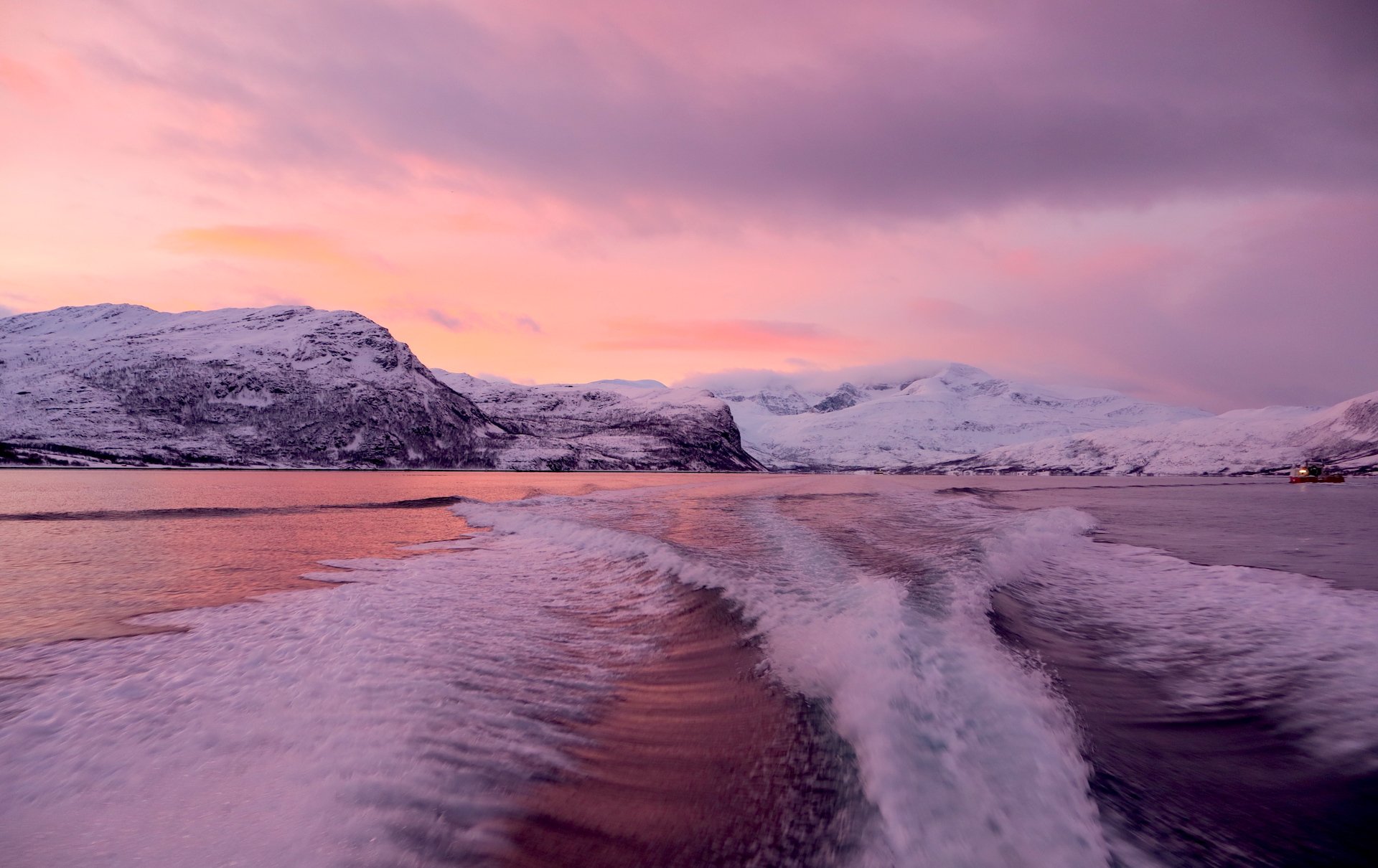Travel with Intention: Q&A with Sofía Arista of The Happening
Read full article on The Happening here (Spanish).
You've described travel as both an art and a responsibility. When was the first time a journey truly transformed you-and how did it shape your approach to curating trips for others?
I once traveled through Mali, Africa, as a volunteer French-English translator for a group of academics, where we crossed the entire country by land and by boat along the Niger River. As we moved from village to village, I acted as a mediator between the travelers and the local community. I felt a tremendous honor and responsibility not only to translate words accurately, but also to mirror the dignity and depth with which the people of Mali carried themselves. Travel is curiosity in motion and it must be practiced in humility and respect. My trip to Mali introduced me to my very first lessons of humility in the face of the complex beauty of culture or what we consider far and exotic. From that trip onwards, it became clear to me that travel carried a weight when done with the right intentions: the responsibility to uphold the beauty of a place and its people in the most honorable light. The real privilege of experiencing the intricacies of an ancient culture authentically is where true art and responsibility lie.
With access to places like UNESCO sites after-hours and spiritual walks with Berber nomads, how do you strike a balance between exclusivity and respect for local communities?
There is a common thread between the two: reverence. Though situated on opposite ends of the experience spectrum, both offer a deep reverence for people, place and time. They engage the traveler’s sense of curiosity and wonder, and both carry a sense of exclusivity. One may show this more overtly (opening doors usually closed to the public) while the other reveals it in quieter ways, like a sacred moment shared with a nomad. I love weaving these two elements into an itinerary, without overemphasizing one over the other. Each enriches the traveler in different ways, deepening their understanding of local culture, history, and people.
You've lived across five continents and speak four languages. How does that multicultural lens shape the way you listen, observe, and design travel experiences?
With Arabic, French, Spanish, and English, I can communicate effectively in over 100 countries: about 25 where Arabic is spoken, 30 French-speaking, 20+ Spanish-speaking, and more than 70 where English is widely understood. Language is more than a tool; it’s a key to a country's psyche, allowing me to craft travel experiences that pay tribute to many of its facets. It sharpens my lens and attunes me to nuances that are often lost on others. It’s a gift and a privilege, not just because it gives me access to understanding different cultural frequencies, but because it opens doors to deep and honest connection. When you speak someone’s language well, you don’t just understand their words; you begin to grasp their customs, their rhythms, their humor. When you embody their way of communicating with respect and authenticity, you’re often welcomed in, sometimes literally, with a seat at the table in a stranger’s home. That’s where the real stories unfold, and that’s what I carry into every journey I design. For instance, Egyptians are among the funniest people on earth but you only truly know that if you speak Arabic. In my Egypt itineraries, I make space for travelers to connect with Egyptians and experience their brilliant, playful take on life through a storytelling dinner designed to highlight Egyptian humor and warmth.
What destination continues to surprise or humble you-no matter how many times you go back?
Oman. There is no place in the world like it and it will never cease to amaze me.
Your itineraries involve artists, chefs, musicians, and even entire families. How do you cultivate and sustain that kind of trust with local collaborators around the world?
Fortunately I’ve lived in many countries and built lasting connections with people from all walks of life, and these relationships are the foundation of my work. My approach to travel is deeply personal, and when a client books a trip with me, I see it as both an honor and a responsibility. I do not separate business from genuine human connection. It is simply not how I operate. I understand that this way of working carries risk, but it is also where the magic happens. I have built trust with local collaborators through years of returning, staying in touch, and showing up with sincerity. I genuinely love people, and I see myself as a connector, someone who brings stories, cultures, and hearts together. When a connection sparks, I hold onto it with care. I want to support that person, honor their presence in the journey, and thank them for welcoming me and my travelers into their world.
What's something you don't believe in when it comes to luxury travel?
I don’t believe that luxury travel has to fit into just one definition. To me, luxury travel is defined by access - to people, places and experiences that are deeply meaningful and often out of reach. Luxury travel should incorporate moments that feel personal and are unforgettable.
“Language is more than a tool; it’s a key to a country’s psyche, allowing me to craft travel experiences that pay tribute to many of its facets. It sharpens my lens and attunes me to nuances that are often lost on others. It’s a gift and a privilege, not just because it gives me access to understanding different cultural frequencies, but because it opens doors to deep and honest connection.”
Can you share a moment or a conversation with someone local that shifted your worldview-or how you see your role in the travel industry?
A few months ago, I was on a gondola in Venice. I had a conversation with a gondolier on the Rio di San Moisè just off the Grand Canal that deeply shifted my perspective on travel. We were discussing overtourism in his city and its impact on the magic of a place, and he shared a thought that stayed with me. He likened Venice to iconic sites like Machu Picchu or the Pyramids. Places that, no matter how many visitors they receive, will never lose their essence. According to him, while prices do rise and life gets difficult for Venetians, the city’s soul remains unchanged. “Venezia è magia” he said. This conversation made me rethink my role in the travel industry. It reminded me that the true magic of a destination isn’t just in its beauty, but in its timeless spirit. It also reinforced the importance of thoughtful, responsible travel, ensuring that while we enjoy these incredible places, we do so in a way that respects and preserves their authenticity for generations to come.
What's your all-time favorite place in the world-and why?
Damascus, Syria. The city’s history is nothing short of extraordinary, with layers of ancient cultures that have shaped it over millennia. The warmth and hospitality of its people leave a lasting impression, they are among the kindest I’ve ever encountered. The architecture is breathtaking, blending historical grandeur with intricate details that never cease to amaze like the Khan As'ad Pasha. And, of course, the Levantine cuisine is something I can never get enough of. Each dish tells a story of the region's rich culinary heritage. I can’t wait to go back one day.
If you had to recommend just one destination everyone should visit at least once in their life, what would it be?
Fez, Morocco. By all means, Marrakech deserves to be in the spotlight and yes, if one has the ability to travel to Morocco, they should visit Marrakech. But Fez is the beating heart of Morocco when it comes to spirituality, architecture, music, traditional crafts and food. It’s the source of all the things we love about Morocco and the home of the guilds. As the largest car-free urban UNESCO site in the world, it’s ideal for walking and getting lost in its alleyways, meeting a craftsman at work, and getting to know Morocco at the source.
What are your top travel tips for someone who wants their trip to feel cool, effortless, safe, and meaningful?
Read a book about the destination. Whether it’s historical nonfiction, a novel set in the country, or a book about its music, cuisine, or customs, let it open your senses to what makes the place pulse. It will make you more receptive and allow you to absorb its beauty with depth.
Listen to its traditional music. A country’s soul often lives in its sacred music. Seek out its traditional sounds or iconic artists (make sure you include noncontemporary). Even better, build your own playlist, it’s an immersive, joyful way to attune yourself before arrival.
Learn a few polite words. “Please” and “thank you” in the local language can go further than you imagine. It’s a gesture of respect that often opens doors—sometimes literally.
Visit a local grocery store, take a train, ride a bus, or find your own way back to the hotel (safely, of course). Give yourself room for a little unscripted adventure. Hop on a tram in Lisbon, for example, and you're almost guaranteed to feel cooler than you did five minutes ago.
Stay close to nature. In between the cities and cultural stops, carve out time for nature (make it a sunrise if possible). Whether it's mountains, desert, sea, or forest, it will ground you and bring clarity. It’s often the part travelers remember most!
And finally-what's next for you? Any new destinations or concepts you're dreaming of exploring or offering through your consultancy?
My goal for this year is to curate a portfolio of co-created journeys with experts from diverse fields to bring a different angle to travel and cut the redundancy that has taken over the industry. This collection will weave together intimate stories and experiences through the eyes of remarkable individuals celebrated outside of tourism. The key is to use the lens of these outside experts to shine a light on a destination from a completely new perspective. I’m excited to design an insider’s tour of Paris with an interior designer and architect, an exhilarating cycling adventure through Italy with an Olympian champion, a winter freedive with orcas in the Norwegian Sea alongside a world-renowned filmmaker, and a journey through the souks of Marrakech with a celebrated Spanish jeweler.
Full article on The Happening here (Spanish).
More from the Travelogue
















